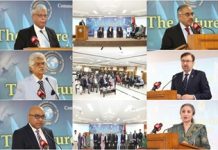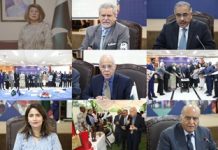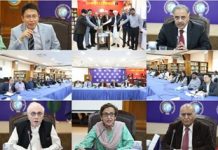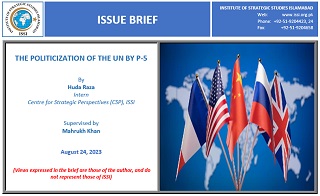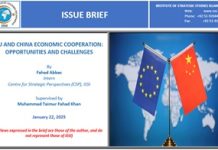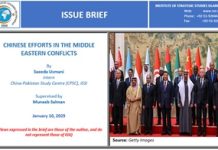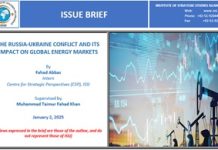Introduction
The United Nations Security Council (UNSC) plays a key role in global diplomacy, with responsibility for maintaining international peace and security. At the core of the Council’s effectiveness lie the P-5 countries: the United States, Russia, China, the United Kingdom, and France. Founded in 1945, five of the UNSC’s 15 members are permanent and have the right to wield veto power. This special status authorizes the P-5 to block any substantive resolution, regardless of the support it receives from other members. Although intended to encourage collaboration among world powers, this veto power has also put forth questions over whether it confines the Council’s capability to move decisively in times of emergency.
The P-5’s responsibility goes beyond the veto, as it is anticipated to take the lead in missions to maintain peace and resolve conflicts. They frequently facilitate discussions, put forth resolution proposals, and influence the Council’s objectives because of their political influence and worldwide stature. However, this influence has been met with criticism, with concerns about political motivations clouding impartiality, objectivity in decision-making processes, and the increasing frequency of the use of veto, which is seen as inhibiting its functionality.




